These teaching cases allow you to learn about how PDIA works in practice.

Finding Entry Points and Sequencing Adaptive Work
Matt Andrews
March 2024
The mayor of Blueville implemented a new recycling policy initiative after being elected, however, the amount of plastic waste on city streets remained, partly because few constituents collected and delivered recyclables. This case details the teams’ response to this issue and their process in identifying entry points and sequencing the work.

Tackling Problems in Adaptive Policy Work
Matt Andrews
2024
The mayor of Blueville implemented a new recycling policy initiative after being elected, however, the amount of plastic waste on city streets remained, partly because few constituents collected and delivered recyclables. This case walks through the iterative steps taken in problem deconstruction to identify root causes.
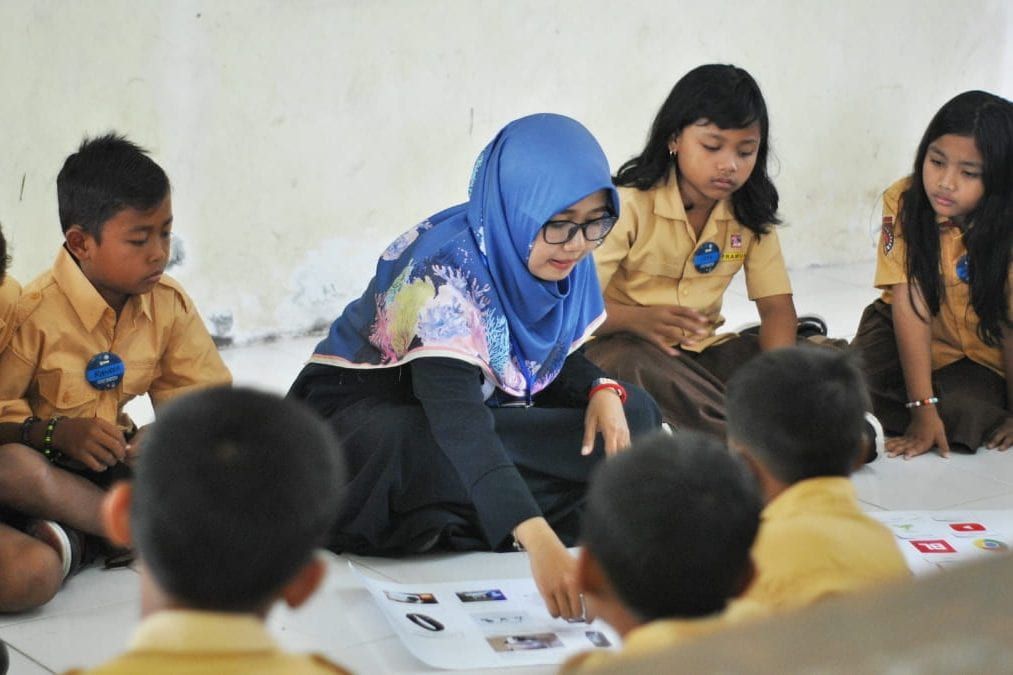
Tackling the Learning Crisis in Indonesia
Daniel Barjum
September 2022
Indonesia is facing a learning crisis. While schooling has increased dramatically in the last 30 years, the quality of education has remained mediocre. A team of researchers affiliated with the RISE Programme at SMERU, an Indonesia think tank, adapted the Problem Driven Iterative Adaptation (PDIA) approach and deployed it in four district governments.

Education Reform in Sobral, Brazil
Tim McNaught
March 2022
For more than two decades, the Brazilian municipality of Sobral has focused intensively on improving the quality of its public education system; the resulting success has been remarkable. This paper explores the transformation of Sobral’s education system through the lens of PDIA, with an emphasis on the reform period from 2000-2004.
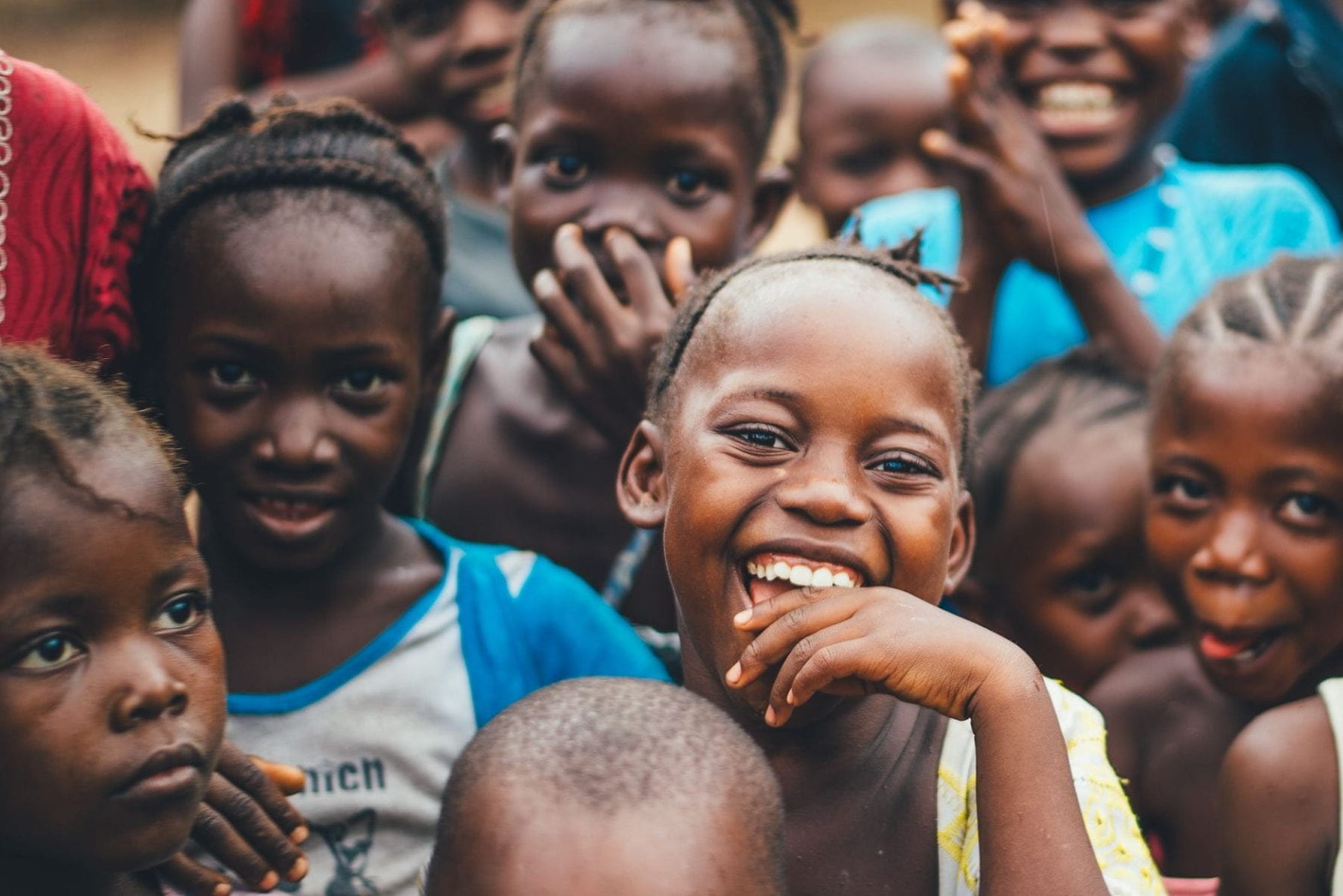
Improving Educational Outcomes in South Africa
Salimah Samji and Mansi Kapoor
January 2022
Funda Wande is a non-profit organization with the goal of ensuring all students in South Africa can read for meaning and calculate with confidence in their home language by the age of 10. They develop curricula, videos, and print materials to train teachers in the fundamentals of foundational learning and have adopted a “learning by doing” strategy that is similar to the Problem Driven Iterative Adaptation (PDIA) approach.

Increasing the Use of Digital Health in Croatia
Daniel Barjum and Matt Andrews
June 2021
The government of Croatia has been committed to adopting digital policy solutions for years. The health sector was a focal point of this commitment. As is the case in many countries, Croatia’s health system is quite bureaucratic and generates lots of data—about patients and their care—in bureaucratic silos. The scattered nature of this data has negatively affected both health care quality and cost.

An Adaptive Recycling Policy in Blueville
Matt Andrews
2020
The mayor of Blueville was elected on the basis of a strong environmental message. She promised, especially, to promote recycling in the city, reducing the amount of plastic goods on city streets. A year after implementing a new recycling policy initiative, however, the amount of plastic waste on city streets remained, partly because few constituents collected and delivered recyclables. This case examines the iterative process the mayor’s team employed to forge a path forward.
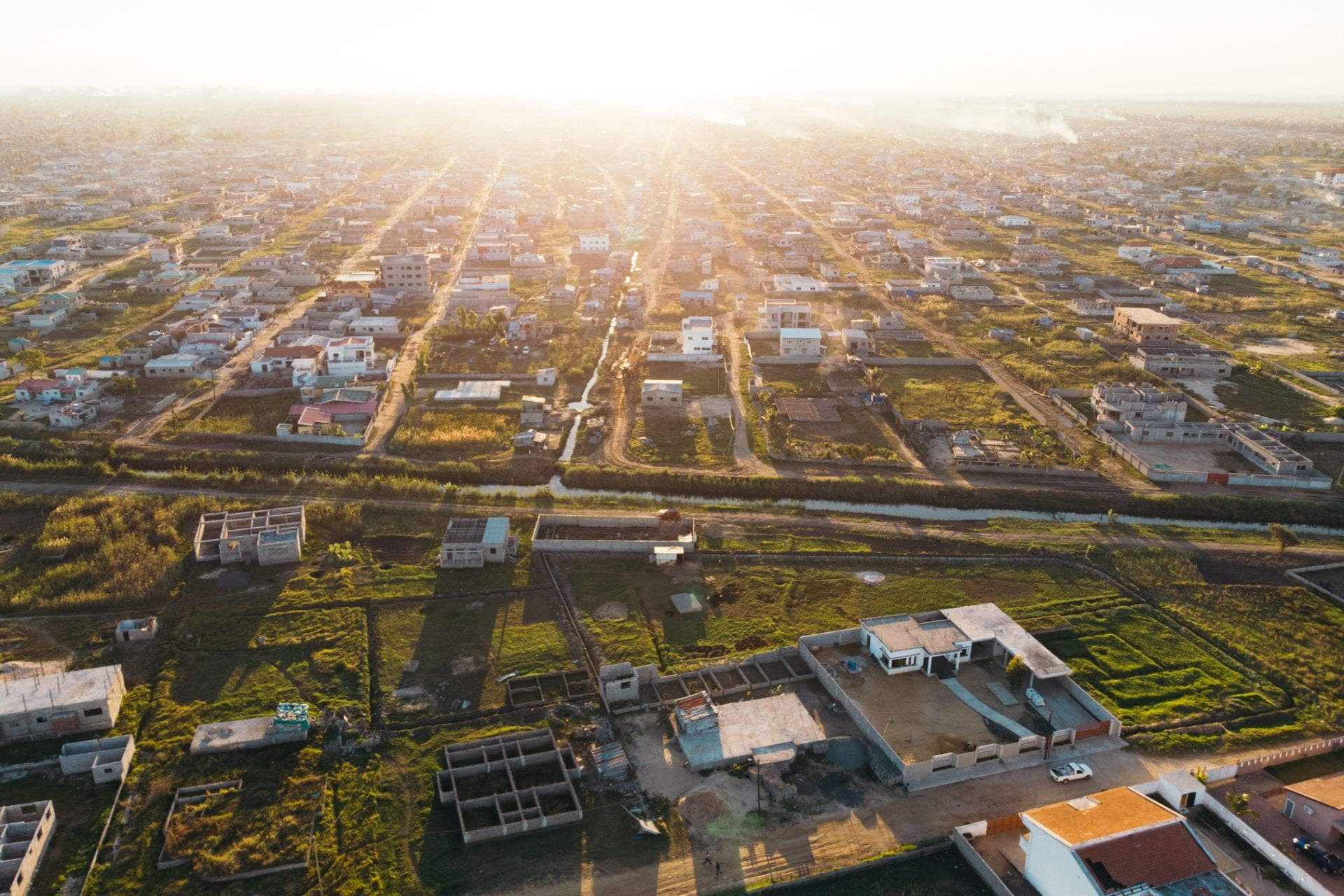
Contributing to a Problem Driven Project in Mozambique
Matt Andrews
June 2018
This case details our experience working with a broad group of officials across Mozambique’s public financial management (PFM) sector, and donors (particularly the World Bank) between March 2010 and December 2013.

PDIA to Inform Budget Reform in Mozambique
Matt Andrews
May 2018
Mozambique’s Ministry of Economy and Finance (MEF) had come to the end of a ten year public financial management (PFM) reform initiative. While widely hailed as a success, some observers were concerned about compliance gaps and weaknesses in the system. Between September and December 2009, we worked with officials in Mozambique’s public financial management sector to explore whether a conversation about problems could spark new ways of doing reforms.

The Evolution of Export Sophistication in Costa Rica
Kristin Himelein and Matt Andrews
2012
In the 1980s, Costa Rica was a banana exporting nation that had tried to pursue other industries with little success. Following the arrival of the microprocessor giant Intel in 1997, Costa Rica saw significant growth, with real GDP per capita expanding over 20 percent from 1997 to 2004.
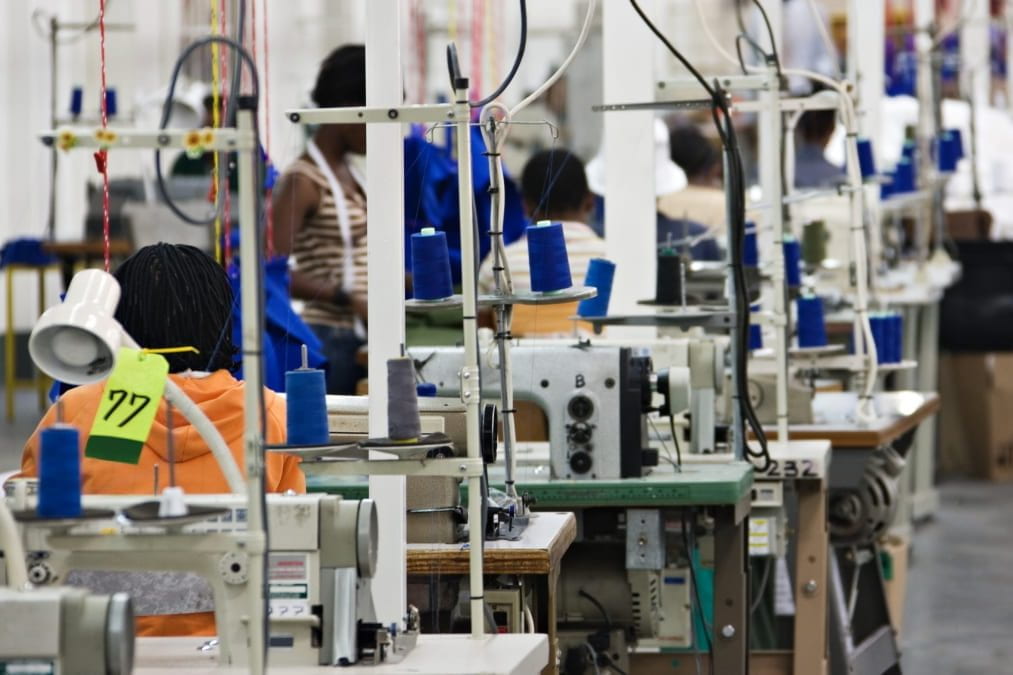
Economic Discovery in a Small Firm | Part 1
Matt Andrews
2009
This case study examines the challenges faced by Justin Mansfield, a partner in Powerhouse Clothing, one of Durban’s more successful clothing producer. In 2003, the nation’s largest clothes retailer threatened to terminate its contract with Powerhouse Clothing due to more desirable supplier options overseas. Faced with this problem, Justin solicited the advice of a local consultant, Justin Barnes.
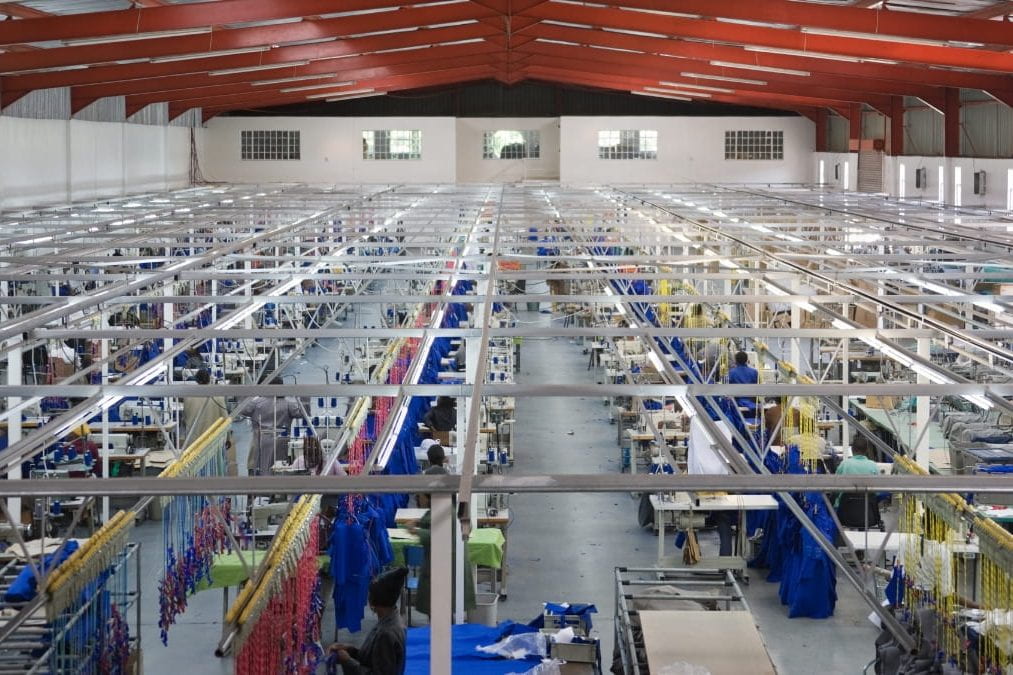
Economic Discovery in a Small Firm | Part 2
Matt Andrews
2009
Justin Barnes engaged with many companies working across Durban’s clothing sector and determined the sector could in fact be an efficient, world class competitor — and not a sector in decline. The challenge was to bring all the different capabilities together within supply chains, across the city, and between concerned actors in the public and private sector.
